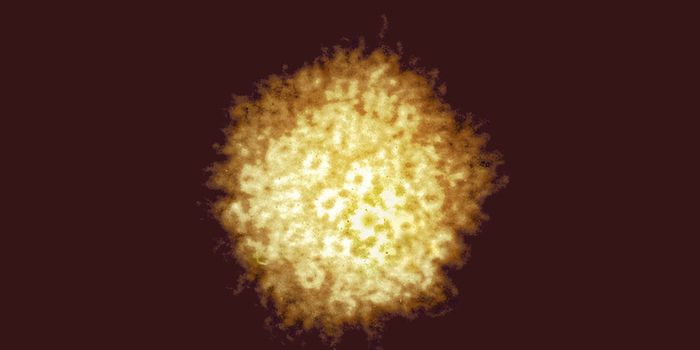Dysfunction in the immune system is associated with a few mental and neurological disorders. Scientists investigating the crosstalk between brain function and immune signaling have revealed that not only does the immune system directly affect social behavior in model organisms like mice; it can also change that behavior. Their findings are described in the videos below.
Publishing in Nature, the investigators at the University of Massachusetts Medical School (UMMS) first established typical signatures of immune signaling. They then looked for those signatures in thousands of publicly available brain transcriptome data collections. With that exhaustive methodology, they were able to uncover a connection between social brain function and T-cell mediated immune signaling.
"Using this approach, we predicated an unexpected role for interferon gamma (IFN-γ), an important cytokine secreted by T lymphocytes, in promoting social brain functions," explained Vladimir Litvak, a study author and an Assistant Professor of Microbiology and Physiological systems at UMMS. "Our findings contribute to a deeper understanding of social dysfunction in neurological disorders, such as autism and schizophrenia, and may open new avenues for therapeutic approaches."
The research team determined that in several organisms, including rodents, fish and flies, IFN-γ signaling is elevated in social contexts. Using mice that are deficient in adaptive immunity, they found that those immunocompromised mice lacked social preference for a mouse over an object and those mice did not display anxiety, motor, or olfactory deficits.

A circos plot generated by the researchers showing the connectivity map derived from the pairwise comparison of transcriptome data sets. / Credit: Nature Filiano et al
Gene set enrichment analysis is a powerful tool in which genes are grouped by common features like biological function or chromosomal location to look at how those genes are affected in their groups. Using that methodology, the investigators observed that transcripts from social rodents (housed in groups) are enriched for an IFN-γ responsive gene signature. But conversely, there was a dramatic loss of the IFN-γ responsive gene signature in rodents that experienced social isolation.
Their findings could indicate that the IFN-γ signaling pathway mediates a link between social behavior and an efficient anti-pathogen response that could be very important to herd immunity.
To interrogate the mouse brain directly, researchers at the University of Virginia (UVA) collaborated in the work. The Chair of Neuroscience at the UVA School of Medicine, Jonathan Kipnis, showed when IFN-γ is blocked in mice, their brains become hyperactive and they displayed atypical social behavior. Brain activity and social behavior were normalized when IFN-γ-signaling in the brain was restored. The work done there is discussed in the video below.
"The brain and the adaptive immune system were thought to be isolated from each other, and any immune activity in the brain was perceived as a sign of pathology. And now, not only are we showing that they are closely interacting, but some of our behavior traits might have evolved because of our immune response to pathogens," said Dr. Kipnis.
The scientists note that while a malfunctioning immune system may be responsible for "social deficits in numerous neurological and psychiatric disorders," exactly what that means for specific neurological conditions like autism requires more research.
"For the first time we have a platform capable of systematically investigating the complex connections between immune signaling and various brain functions," said Litvak. "I believe that anybody can use our technology as a template to investigate the involvement of various immune components in different brain dysfunctions."
Want to know more about gene set enrichment analysis? It can be a complicated topic, but there are free resources available online. In the tutorial video above from the National Institute of Health, the
DAVID Bioinformatic Resource Database, which “provides a comprehensive set of functional annotation tools for investigators to understand biological meaning behind large list of genes” is described.
Sources:
AAAS/Eurekalert! via
University of Massachusetts Medical School,
Nature,
NIH/NIAID









